Benefits of Indoor Plants for Mental Health
Indoor plants have become a familiar sight in homes and workplaces, not only for their decorative appeal but also for their profound impact on psychological well-being. Bringing nature inside has been shown through research and personal anecdotes to make significant differences in mood, stress levels, and overall mental health. In this comprehensive overview, we explore the many ways that indoor plants can enhance emotional resilience, reduce anxiety, boost productivity, and foster a more positive and nurturing indoor environment.
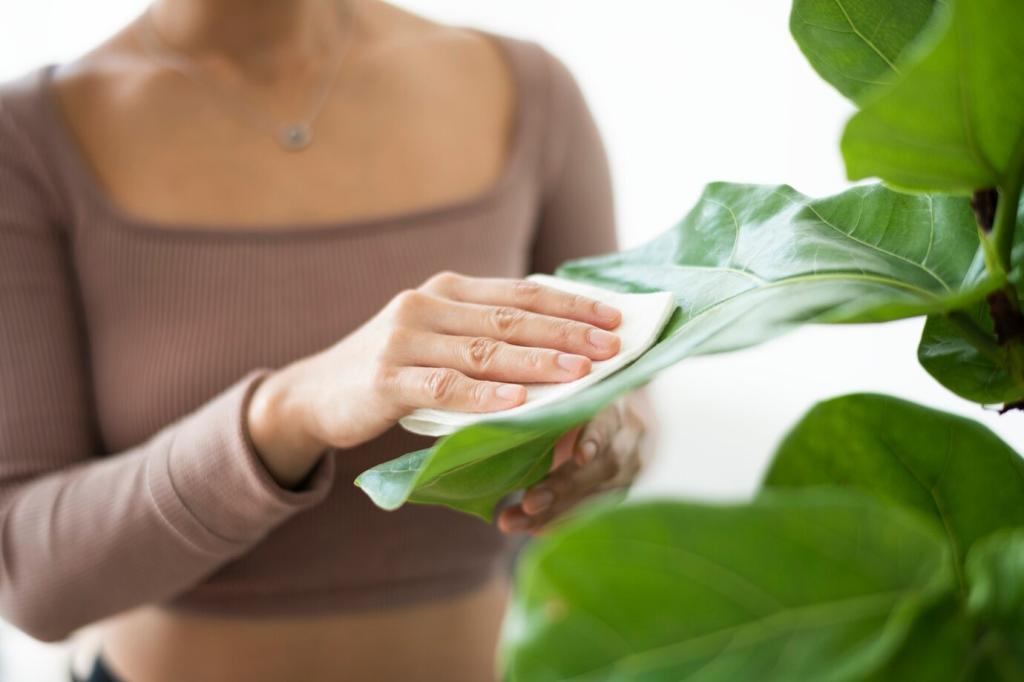
Calming the Mind
Indoor plants can help soothe an overactive mind. The presence of lush foliage can make indoor spaces feel tranquil, providing a subtle, ever-present reminder to breathe deeply and focus on the moment. This calming influence is particularly beneficial in high-stress environments like offices or busy households, where a touch of greenery can make the difference between agitation and serenity.
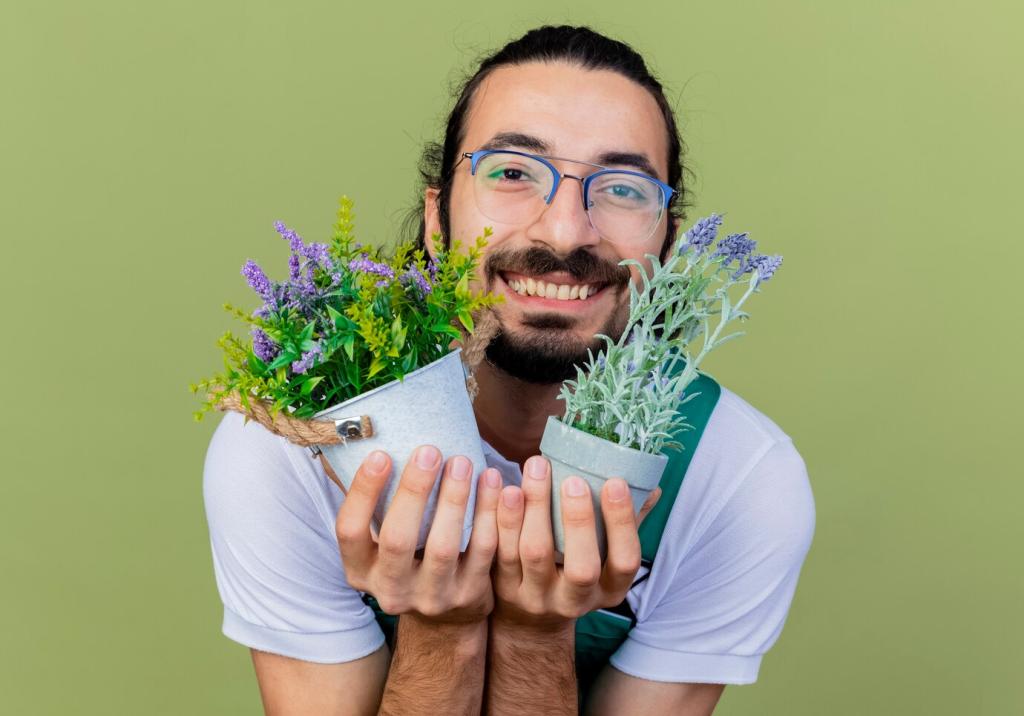
Lowering Physical Stress Markers
Having plants indoors isn’t just about perception—it has measurable effects on the body. Clinical studies have shown that time spent in rooms with plants correlates with lower heart rate variability, reduced muscle tension, and decreased self-reported anxiety. Simply caring for a plant has been linked to mindfulness and relaxation, which can help break cycles of tension and chronic stress.
Enhancing Mood and Positivity
A splash of green and a touch of vibrant leaf brings a sense of vitality into living and working spaces, contributing to daily happiness. Scientific research indicates that visual exposure to plants and natural shapes releases endorphins, the body’s ‘feel-good’ hormones, which can help elevate mood even on challenging days.
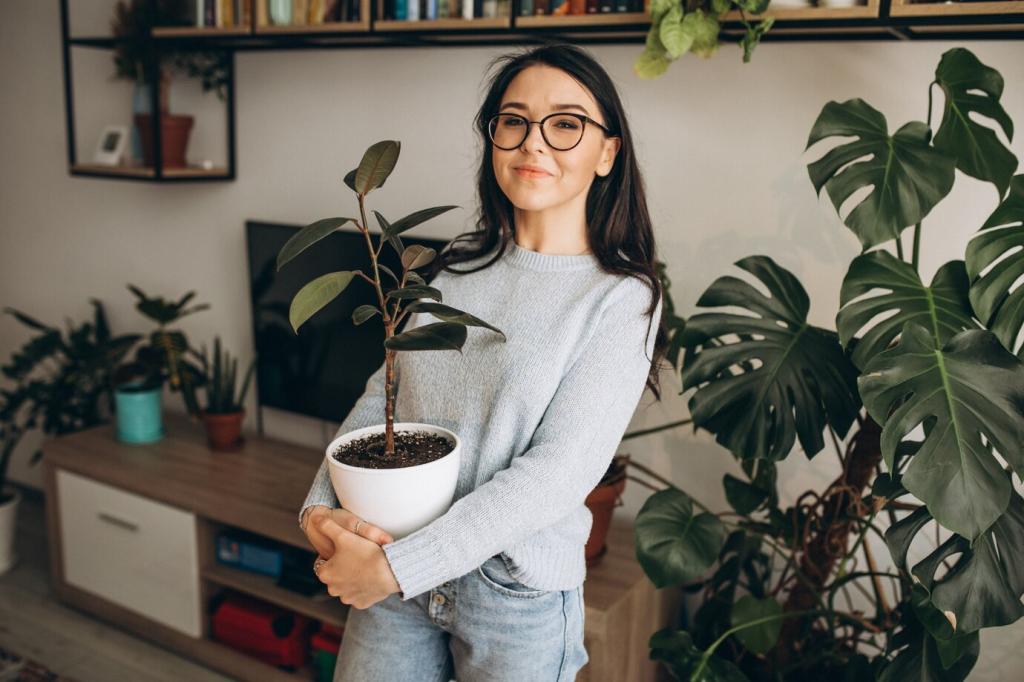
Improving Concentration and Productivity
Greenery in workspaces has been associated with longer spans of concentration and increased attention to detail. Some research even suggests that the presence of plants can help replenish depleted cognitive resources, leading to fewer mistakes and improved task performance over time.
Mental exhaustion can build up through prolonged periods of work or study. Plants act as natural attention restorers by offering subtle, pleasant distractions. These brief moments of green engagement allow the brain to reset, making it easier to return to tasks with renewed vigor and energy.
Many creatives credit indoor plants with sparking inspiration and improving problem-solving. The organic forms and shades of green inherently stimulate the senses and introduce fresh perspectives. In brainstorming sessions or tasks demanding out-of-the-box thinking, the nurturing presence of plants can break creative blockages and encourage novel ideas.
Enhancing Air Quality and Mental Clarity
01
Filtering Toxins from the Air
Many common houseplants absorb harmful compounds like formaldehyde and benzene from indoor air. Cleaner air means individuals are less likely to experience headaches, dizziness, or fatigue—symptoms that can impair mood and mental performance.
02
Regulating Humidity for Comfort
Plants naturally regulate ambient humidity through a process called transpiration. Optimal humidity levels help mitigate respiratory discomfort and promote a feeling of well-being. This environmental stability allows individuals to concentrate better and feel generally more comfortable indoors, supporting mental clarity.
03
Connecting Air Quality and Brain Function
Enhanced air quality leads directly to improved brain function. With less exposure to pollutants, individuals report sharper thinking, easier comprehension, and an overall improvement in their sense of alertness. The indirect benefits of plants on the mind can thus be especially potent for those concerned about cognitive health.
Supporting Routine and Mindfulness
01
The simple rituals of watering, pruning, and tending to plants contribute stability and structure to each day. These routines provide gentle reminders to slow down and be present, helping individuals cultivate mindfulness through repeated, caring actions.
02
Taking responsibility for the health of another living thing nurtures accountability and self-esteem. Over time, the relationship with indoor plants can serve as a low-pressure, rewarding way to rebuild self-worth and develop trust in one’s capabilities.
03
Regular interaction with houseplants encourages moments of quiet reflection. While tending to leaves or soil, individuals often find opportunities to meditate, practice gratitude, or set intentions for the day. These contemplative exercises enrich daily life and contribute to greater emotional resilience.

Building Communities
Interest in indoor gardening can inspire participation in clubs, online forums, or plant swaps. These social circles offer support, encouragement, and knowledge-sharing, building a sense of belonging and camaraderie among enthusiasts.
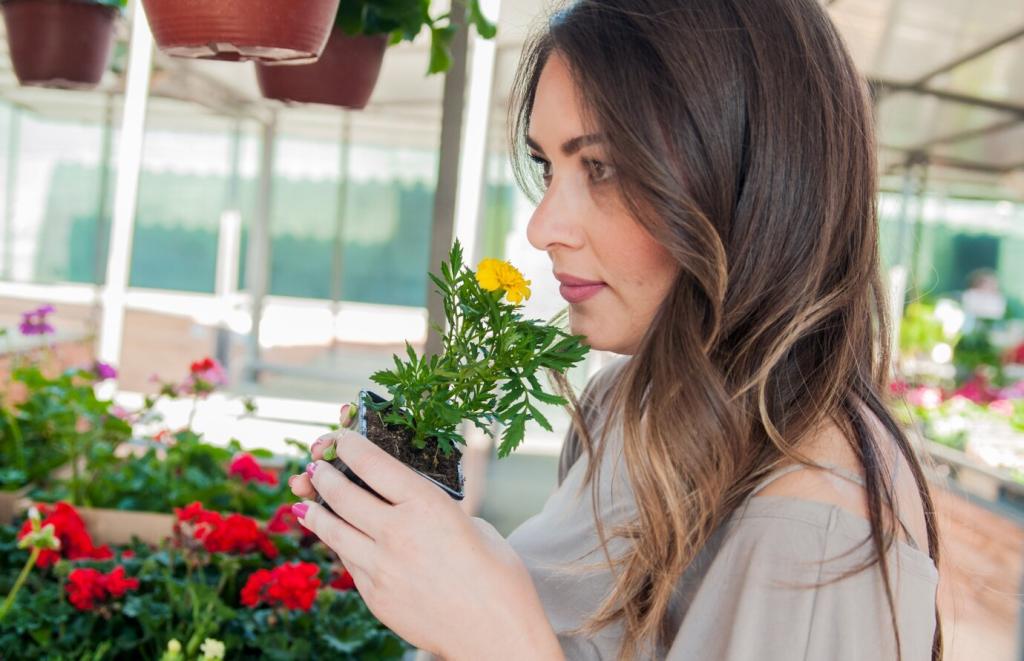
Facilitating Conversation
Plants naturally spark conversation when guests visit a home or colleagues share a workspace. Their unique shapes, colors, and care requirements provide endless topics for discussion, turning simple observations into opportunities for deeper interpersonal connections.
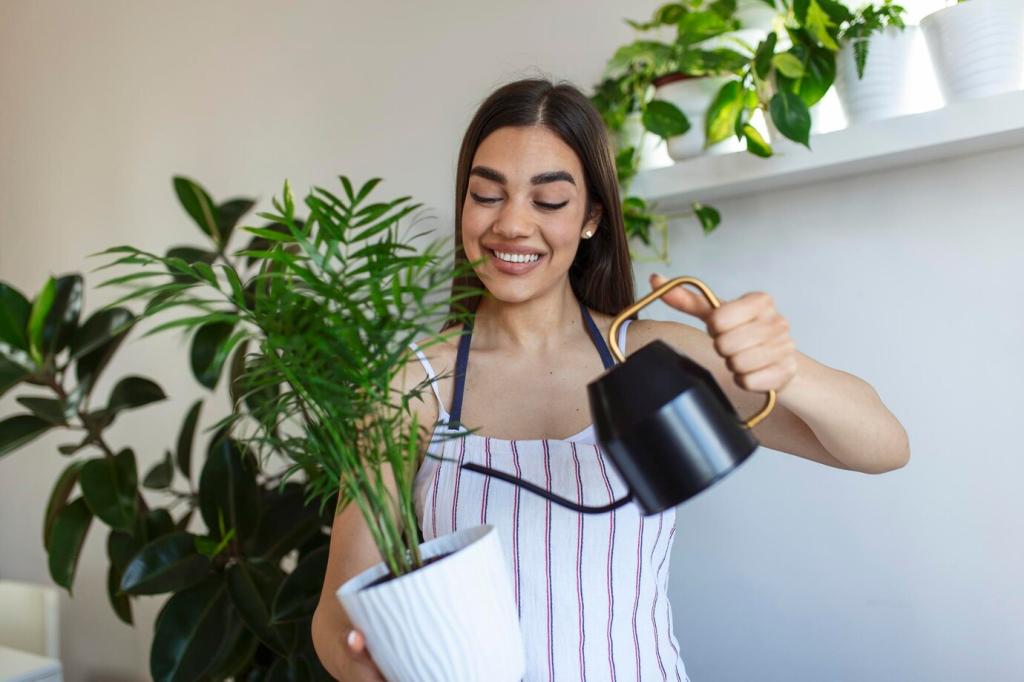
Strengthening Family Bonds
Engaging in plant care as a family activity fosters cooperation and shared responsibility. Whether it’s potting a new succulent with a child or tracking the growth of a favorite fern together, these experiences create lasting memories and reinforce emotional connections within the family unit.
Bridging the Urban-Nature Divide
Bringing plants indoors allows people in cities to maintain a tangible connection to nature, even amidst concrete and glass. This everyday interaction with natural elements helps reduce the effects of urban stress and fosters a sense of harmony with the environment.
Fostering Environmental Awareness
The close relationship developed with houseplants can inspire a greater appreciation for environmental sustainability and the intricate balance of natural ecosystems. This heightened awareness often leads to positive lifestyle choices and a stronger commitment to protecting the planet.
Rekindling Wonder and Curiosity
Observing the growth, resilience, and cycles of indoor plants reignites childlike curiosity and awe. This renewed sense of wonder plays a crucial role in personal happiness and offers a powerful antidote to routine or burnout.
